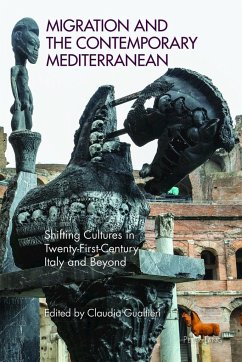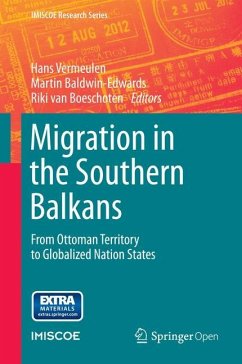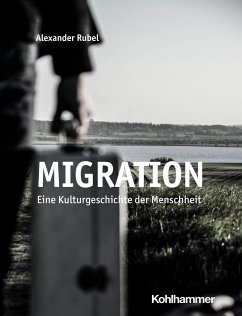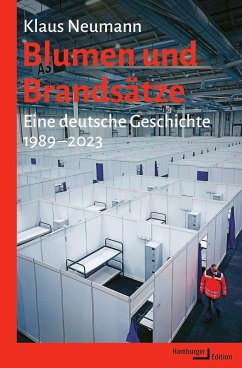Nicht lieferbar
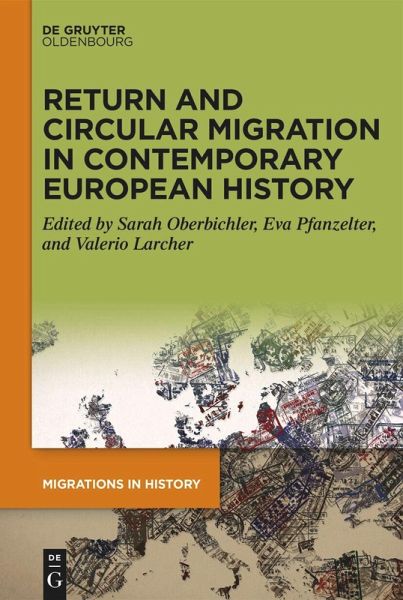
Return and Circular Migration in Contemporary European History
Versandkostenfrei!
Nicht lieferbar
Migration is often viewed as a one-way process, from the country of origin to the place of arrival, but recent academic research shows that this presumption is fundamentally flawed. Migration has always been characterized by return movements, as a glance into history reveals - from transatlantic returns in the 19th century to the back-and-forth of migrant workers and refugees in the 20th century, and numerous other forced and voluntary migrations. This volume invites to reconceptualize studies in migration history by shifting away from the focus on "going away" to a more complex one revolving ...
Migration is often viewed as a one-way process, from the country of origin to the place of arrival, but recent academic research shows that this presumption is fundamentally flawed. Migration has always been characterized by return movements, as a glance into history reveals - from transatlantic returns in the 19th century to the back-and-forth of migrant workers and refugees in the 20th century, and numerous other forced and voluntary migrations. This volume invites to reconceptualize studies in migration history by shifting away from the focus on "going away" to a more complex one revolving around a plurality of issues of leaving, returning, moving on and traveling again, belonging and fluid identities in "third spaces".
Structured in three parts, the contributions in this volume shed light on the close connection between power dynamics and return migration as well as how migration processes shape individual planning abilities, social relationships, and complex spatial dynamics.The methodological part of the volume further encourages readers to reflect on growing data collections and possibilities for digital research on return migration.
Structured in three parts, the contributions in this volume shed light on the close connection between power dynamics and return migration as well as how migration processes shape individual planning abilities, social relationships, and complex spatial dynamics.The methodological part of the volume further encourages readers to reflect on growing data collections and possibilities for digital research on return migration.






